No sector has been immune from the rise of the internet and online technologies – and our lives have changed dramatically as a result.
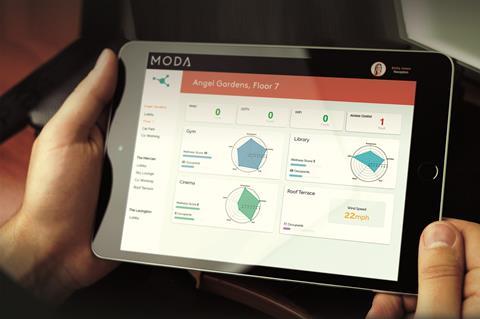
But fundamentally, the technology in our homes has changed very little since the introduction of mass consumer white goods such as fridges and washing machines. Meanwhile, the recent upsurge in asking prices for homes post-lockdown suggest that the British love affair with homeownership is still going strong.
The biggest changes to the housing market overall will likely be due to economic and demographic factors.
One demographic trend shaking up the housing market is the fact that people are renting for longer than ever. The rise of so-called Generation Rent has led to a boom in alternative residential assets such as UK build-to-rent (BTR).
It is in these alternative assets that technology is likely to have the biggest impact on residential in the near term.
The institutional owners and investors behind BTR schemes are keen on harnessing technology to derive granular data that deepens their understanding of the asset, enabling investors to better benchmark their investments. For operators, it will help with processes such as the marketing of homes and making the resident experience more seamless and hassle-free.
With many BTR schemes offering a range of amenities onsite, from gyms to cafés, the need to use smart tech to understand data at an operational level, such as footfall, is growing at pace.
Justin Harley, regional director at Yardi says:” Technology is more important than ever in the residential world, especially with the emergence of mixed-use buildings that cater for the desire to blend residential, shared workspace and retail.”
But technology will also play a vital role in the resident experience at developments such as BTR schemes by making simple things like securing a room easier through online check-in.
Keeping residents happy
“The key to keeping residents happy is offering technology that supports their journey from start to finish with flexibility, easy online applications, transactions and communication,” Harley adds.
Technology is also helping BTR operators adjust to the demands of the Covid-19 pandemic.
Technology plays a vital role in every area of our next-generation neighbourhoods, but it’s had a major impact on how BTR operator and developer Moda Living has approached the Covid-19 pandemic.
Oscar Brooks, director at Moda Living, says: “Moda is working with IoT [Internet of Things] software and managed service provider Utopi to develop innovative, customised technology to keep the virus out of our BTR neighbourhoods.
“We manage this in three core ways: thermal screening with an instant pass or fail temperature check; people-counting cameras to manage social distancing and resident volume in communal spaces; and IoT sensors that track the usage of assets in the building to inform a data-driven cleaning regime.
“This is an absolute first in the BTR space, as the technology has been custom-built for Moda by our IoT partner Utopi to allow us to track usage and occupancy in real-time of shared spaces – such as the gym, roof terrace, co-working desks and library – to manage social distancing for residents’ health and safety.”
Moda can generate data for individual areas, floors, or aggregate across the whole building to monitor and manage total resident or guest numbers at any given time.
The thermal screening takes a millisecond and tests the temperature of residents entering the gym, for example, with an instant pass or fail light. This data helps Moda make informed decisions and residents who fail the screening must follow Moda’s internal process to ensure the safety of fellow residents.
PIR sensors help automate and track cleaning regimes in areas including bathrooms, private dining rooms, gyms, co-working desks, enabling Moda to set KPIs around cleaning regimes.
Cleaning regime
For example, the technology can automate a cleaning regime after a co-working desk is evacuated, after which maintenance staff tag the sensor relating to the area they have cleaned, which tells the sensor that this area is now clear. The desk then shows as clean and unoccupied on the app for the next resident to book and use. This technology enables the operational team to feed back to residents what they can and cannot do during specific times – especially useful during a pandemic.
Before last year’s RESI, numerous hurdles stood in the way of adoption of technology across residential developments and challenges around things like the standardisation of data still need to be overcome.
However, with technology already showing its worth as the industry tries to get to grips with the challenges thrown up by Covid-19, the pandemic may well prove to be the tipping point that accelerates the adoption of smart tech in the residential sector.
![]()
If you want to benefit from more residential property insights, join us for the RESI Convention on 10-11 November 2020.
Now a fully virtual event, find out more:























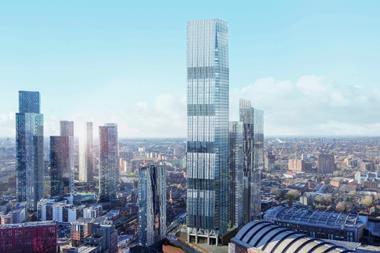
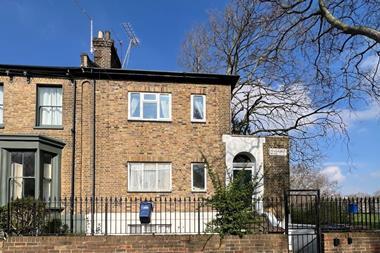

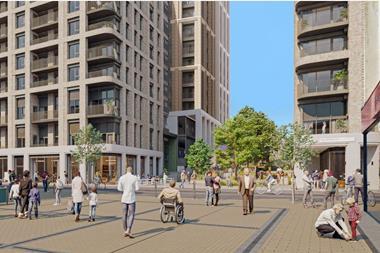
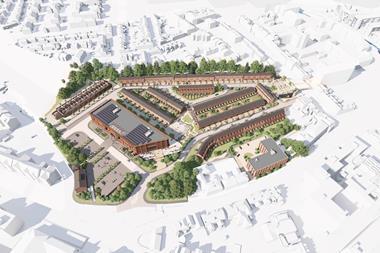
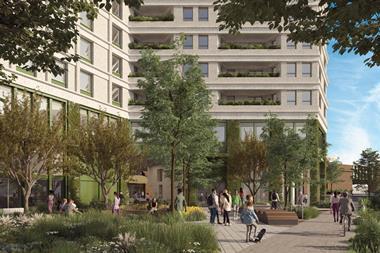
No comments yet